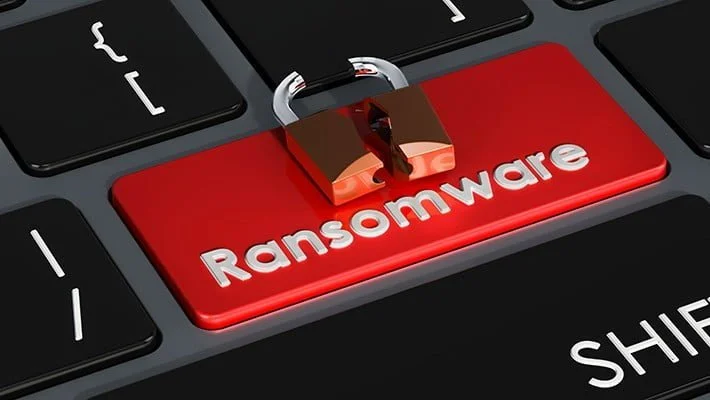US Senator Maggie Hassan has written to different federal agencies to take more action against the illegal usage of digital assets.

Senator Maggie Hassan, a Democrat, is the latest to express alarm about the use of Bitcoin to pay for ransomware attacks.
On September 16, a member of the Senate Homeland Security and Governmental Affairs Committee wrote to the Justice Department, the Department of Homeland Security, the Internal Revenue Service, the Securities and Exchange Commission, and the Treasury Department’s Financial Crimes Enforcement Network.
She expressed her fears in it, noting a recent event in her home state of New Hampshire in which $2.3 million was taken in a cyberattack on the town of Peterborough and then turned into cryptocurrencies.
“The anonymity provided by cryptocurrency has helped facilitate its use by criminals in a myriad of ways. These uses include drug sales over the dark web, payments for ransomware attacks, tax evasion, financing for terrorism and organized crime, money laundering, and more.”
She distinguished between centralized exchanges with KYC (know-your-customer) requirements and decentralized exchanges and OTC (over-the-counter) desks without such rules, emphasizing the need for increased KYC enforcement.
Senator Hassan enquired about the steps being taken by government agencies to combat the illegal usage of cryptocurrencies for ransomware.
Hassan sits on the Senate Finance Committee with Senator Elizabeth Warren, who earlier this month dubbed cryptocurrency the “next shadow bank.” The committee is in charge of taxation and revenue, as well as trade agreements and tariffs.
As regulatory pressure increases in the United States, lawmakers on both sides of the aisle have been presenting their reasons for and against cryptocurrencies.
Senator Cynthia Lummis stated in an interview with Reason Magazine earlier this month that her objective was to build a regulatory and statutory framework, adding:
“We want to make sure that Bitcoin, stablecoins, tokens can innovate and that the U.S. dollar can innovate as well and become a digital currency. So there’s going to format that people can use that are much more user-friendly than our more old-fashioned forms of currency.”
Senators Ron Wyden, Cynthia Lummis, and Pat Toomey presented an amendment to the contentious infrastructure bill in early August, requesting further clarity on the crypto tax provisions in order to guarantee that they do not hinder innovation.
However, on August 10, the bill passed the Senate with the provision broadly designating most actors as crypto brokers remaining unaltered.
If House Speaker Nancy Pelosi’s bipartisan infrastructure bill gets a final vote on September 27, software companies, network validators, stakers, and miners may be subject to third-party tax reporting obligations.
